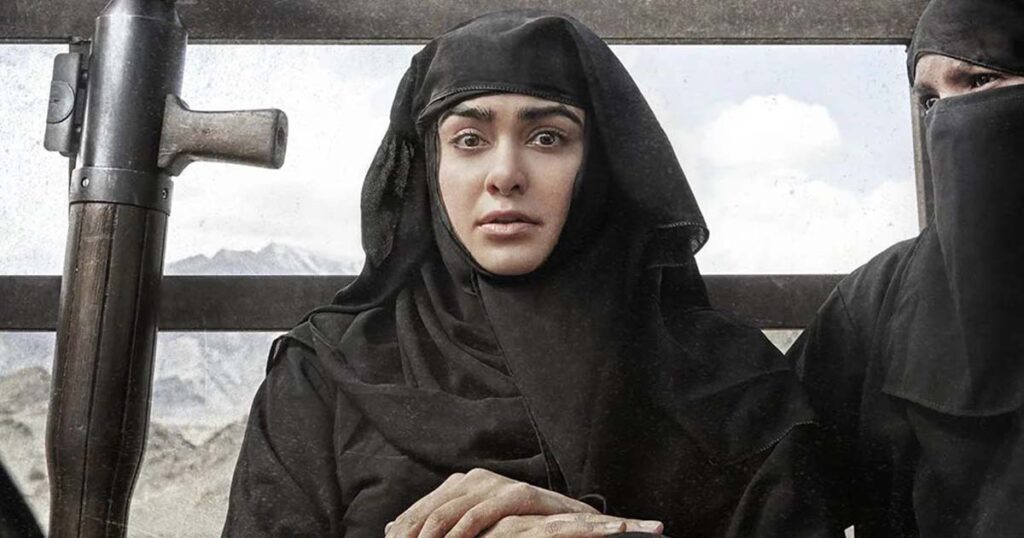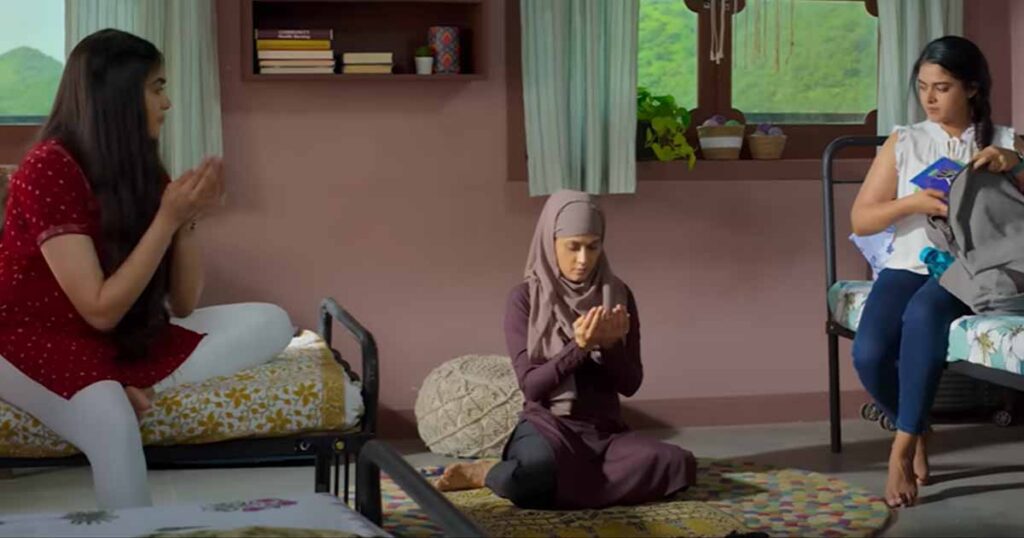
Shalini (Adah), a gullible young woman from Kerala, is pressured into converting to Islam. She is unaware that she is snared in a trap that will cause her to turn into a terrorist. She is soon coerced into joining ISIS, and once she escapes, she is apprehended. The Kerala Story develops as she starts to relate her own tale.
Cinema has always been used to influence people. Be it the wealthy who use it to tell their story in a whitewashed manner or the crafty who use it to acquire even more wealth than they already have. The two sides are attempting to outdo each other while promoting their own agendas in between all of these. One is supposed to be subtle, whereas the other is not. The Kerala Story is outside of both camps and in a region where its conception of merely black and white doesn’t correspond to reality.

No word in this post attempts to suggest that the claims made in the film are false or that no one has ever experienced the horror described within. The global network of people trafficking for questionable purposes is a reality that is much more horrifying than terrorism. But how are we expected to take anything about this product as the hard reality when a movie about the same subject is made and shaped like fiction with no link to the actual world you and I live in?
The Kerala Story is one of the most deceptive stories ever told, and that is bad. Ask questions regarding the material you are seeing to show that you are a savvy consumer. Note its applicability and determine if it is considerable. If not, go away from it quickly and deny it access to your brain.
